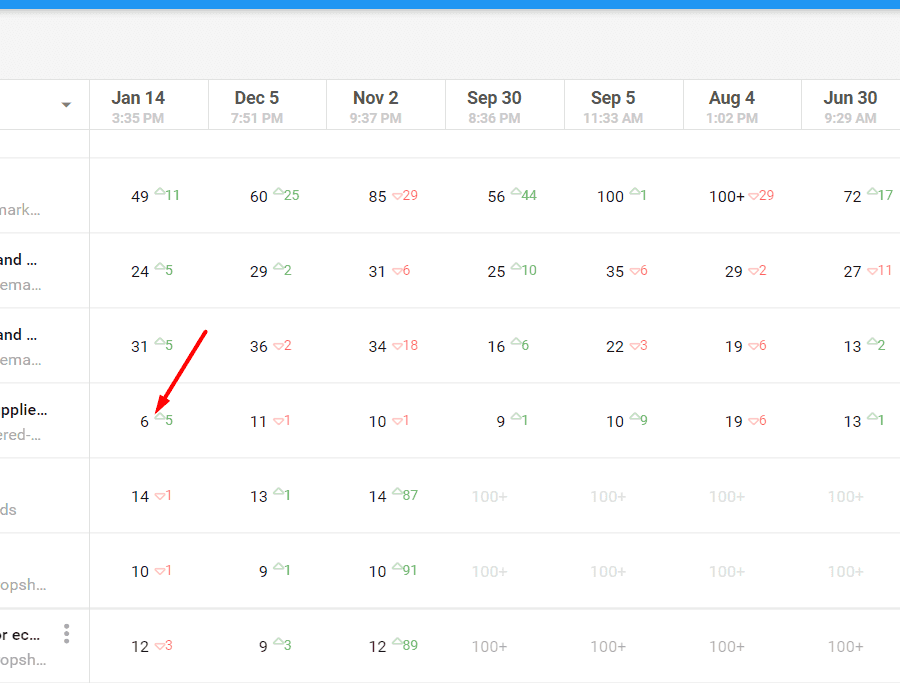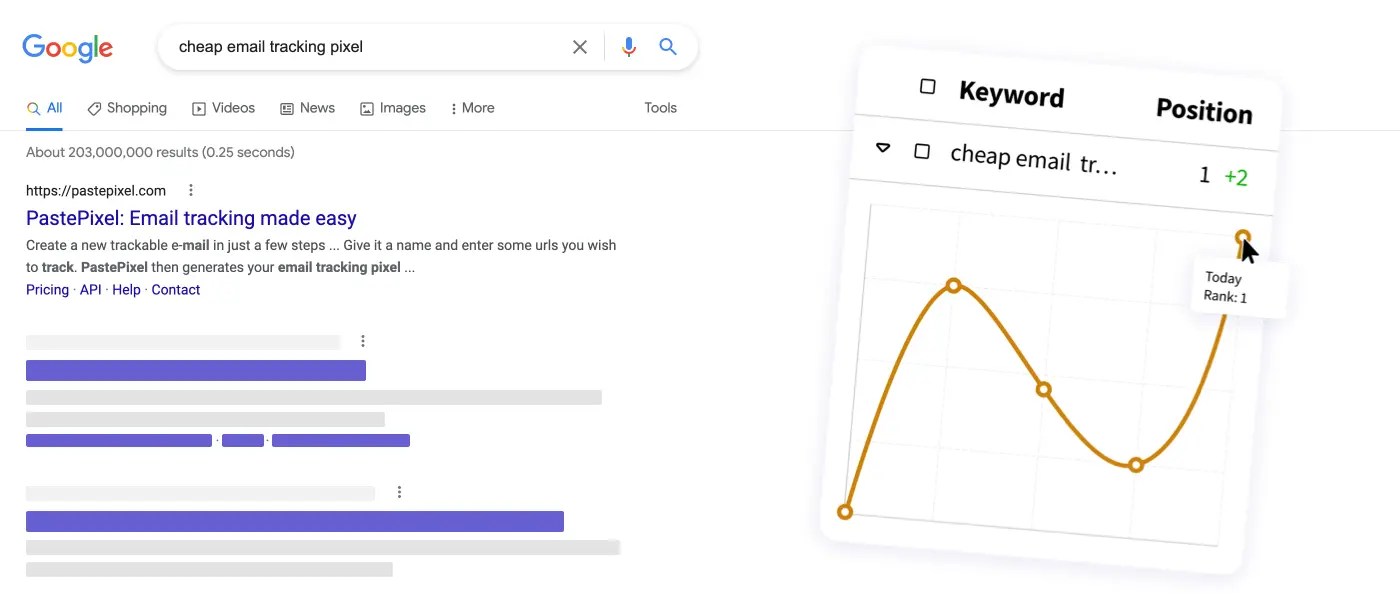Unlocking The Secrets Of SERP Keywords For SEO Success
In the ever-evolving world of digital marketing, understanding SERP keywords is essential for driving traffic to your website. SERP, or Search Engine Results Page, keywords are the terms and phrases that users type into search engines when looking for information, products, or services. By optimizing your content for these keywords, you can improve your visibility in search results, attract more visitors, and ultimately increase conversions. As search engines continue to refine their algorithms, the importance of SERP keywords has only grown, making it crucial for businesses and marketers to stay informed and agile.
Moreover, the landscape of SERP keywords is not just about choosing the right words; it is about understanding user intent. This means that marketers must delve deeper into what their audience is seeking and how to provide value through optimized content. By leveraging the right SERP keywords, businesses can not only enhance their rankings but also create a stronger connection with their target audience. This article aims to provide a comprehensive guide on SERP keywords, including strategies for effective keyword research and optimization techniques.
Ultimately, mastering SERP keywords can be the key to unlocking a successful online presence. Whether you are a seasoned marketer or just starting, appreciating the nuances of SERP keywords can help you navigate the complexities of SEO. From understanding how to identify high-ranking keywords to implementing them effectively in your content, this guide will cover everything you need to know to harness the power of SERP keywords in your digital marketing strategy.
What Are SERP Keywords?
SERP keywords are the specific words or phrases that users enter into search engines, which then generate a list of results relevant to the query. These keywords can range from broad terms to highly specific long-tail phrases, and they play a crucial role in determining how well a website ranks in search results.
How Do SERP Keywords Impact SEO?
The impact of SERP keywords on SEO is significant, as they directly influence the visibility and ranking of your website on search engines. When optimized correctly, these keywords can help your content appear higher in search results, leading to increased traffic and potential conversions.
What Factors Influence SERP Keyword Rankings?
Several factors influence SERP keyword rankings, including:
- Relevance of content to the keyword
- Quality of backlinks
- User engagement metrics (e.g., click-through rates)
- Site speed and mobile optimization
- Freshness of content
How Can You Conduct Effective SERP Keyword Research?
Conducting effective SERP keyword research involves several steps:
What Tools Can Help You Find SERP Keywords?
Various tools can assist you in discovering valuable SERP keywords, including:
- Google Keyword Planner
- SEMrush
- Ahrefs
- Ubersuggest
- Answer the Public
Can You Optimize Your Content for SERP Keywords?
Yes, optimizing your content for SERP keywords involves:
- Incorporating keywords naturally into titles and headings.
- Using keywords in the first 100 words of your content.
- Creating high-quality, engaging content that provides value.
- Utilizing meta tags and descriptions effectively.
How to Track the Performance of Your SERP Keywords?
Tracking the performance of your SERP keywords is essential to understanding their effectiveness. You can monitor keyword performance using tools like Google Analytics and Google Search Console, which provide insights into traffic, rankings, and user behavior.
What Are Some Common Mistakes to Avoid with SERP Keywords?
When working with SERP keywords, avoid these common mistakes:
- Keyword stuffing, which can lead to penalties.
- Ignoring user intent and focusing solely on search volume.
- Failing to update keywords as trends change.
- Neglecting to optimize for voice search.
How to Stay Updated on SERP Keyword Trends?
Staying updated on SERP keyword trends requires ongoing research and adaptation. Follow industry blogs, participate in forums, and utilize social media to keep abreast of changes in user behavior and search engine algorithms.



ncG1vNJzZmixn6PAtr7IZqWeq6RjsLC5jpycpZ2Sp7a1xZBuZqydoqV6rLHYsKarnF6dwa64